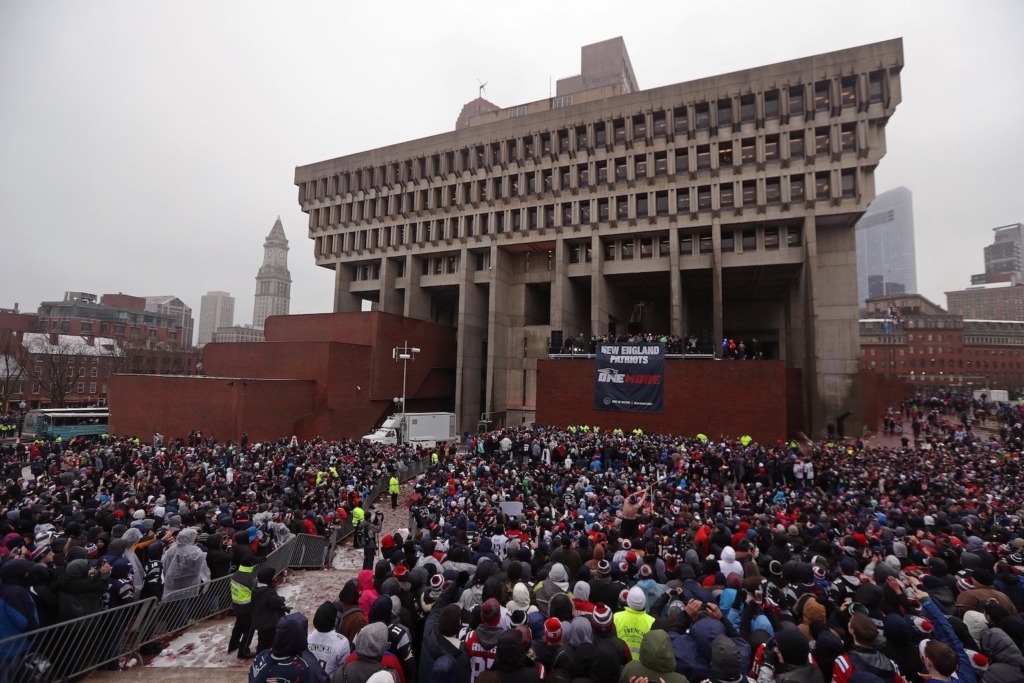WASHINGTON — After the Supreme Court ruled that Boston violated the free speech rights of a Christian group to fly its flag at City Hall, another group, The Satanic Temple, has requested permission to fly a flag outside the city building.
The mayor’s office of the Boston has not commented on the group’s request except to say that is has been reviewing the court’s decision and also evaluating its flag-raising program.
On May 2, the Supreme Court handed down a unanimous decision in favor of the city flying the flag of a Christian group. It said the city couldn’t deny the group the right to raise its flag along with other flags reflecting the city’s diversity.
“Boston’s flag-raising program does not express government speech,” wrote Justice Stephen Breyer in the court’s opinion. “As a result, the city’s refusal to let (the group) fly their flag based on its religious viewpoint violated the Free Speech Clause of the First Amendment.”
“This case is so much more significant than a flag,” said Mathew Staver, founder and chairman of Liberty Counsel, a Christian legal group that represented Camp Constitution that owns the flag in question.
“Boston openly discriminated against viewpoints it disfavored when it opened the flagpoles to all applicants and then excluded Christian viewpoints,” he added in a statement.
During oral arguments in January, the justices seemed to indicate their support for the group excluded from flying their flag with an image of a cross on it.
The group had been told in 2017 by city officials that it would not be able to fly its flag on a flagpole reserved for different groups because of concerns that its cross could be viewed as a government endorsement of a particular religion.
The group sued the city, noting that in the 12 years of different flags flying from this pole, this was the first one that had been denied. However, the U.S. Circuit Court of Appeals for the 1st Circuit, based in Boston, ruled that the city’s control of the flagpole program made it government speech.
The Supreme Court justices narrowed in on whether the city’s third flagpole was essentially a public forum that deserved free speech protections or if it was just a means for government speech.
Justice Elena Kagan, skeptical the flag in question could violate the First Amendment’s Establishment Clause, said: “In the context of a system where flags go up, flags go down, different people have different kinds of flags, then it is a violation of the free speech part of the First Amendment and not an Establishment Clause violation.”
Justice Brett Kavanaugh similarly said the flag dispute could not be viewed as a violation of the Establishment Clause, noting that “equal treatment of religious and nonreligious groups isn’t a violation.” The clause prohibits the government from endorsing religion and from favoring one religion over another.
Boston city officials argued that requiring the third pole to be open to everyone — the other two poles are for the U.S. and state flags — could force the city to put up flags that might promote division or intolerance. With that uncertainty, the city stopped applications for the flag-raising program while the case was argued in court.

